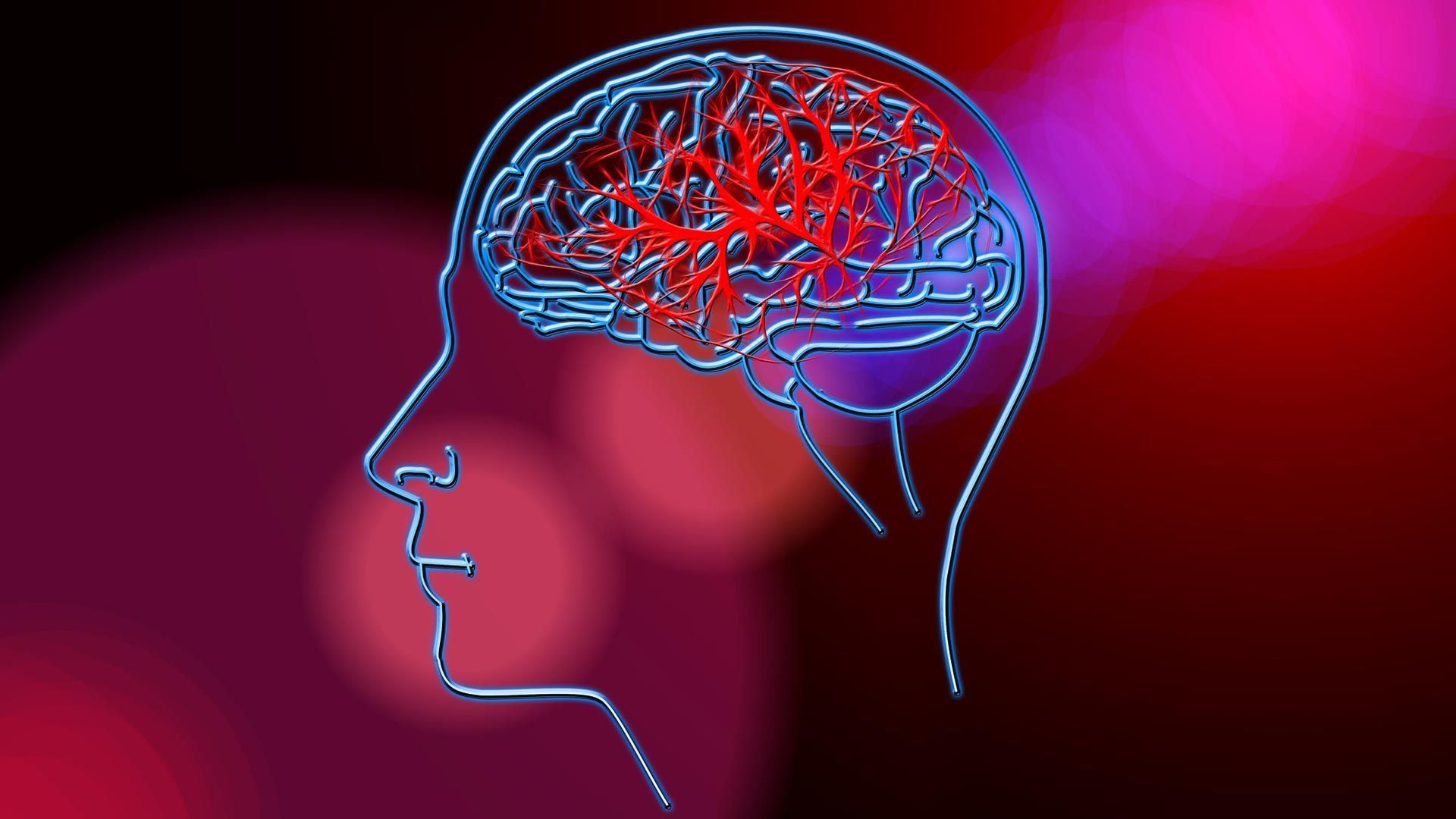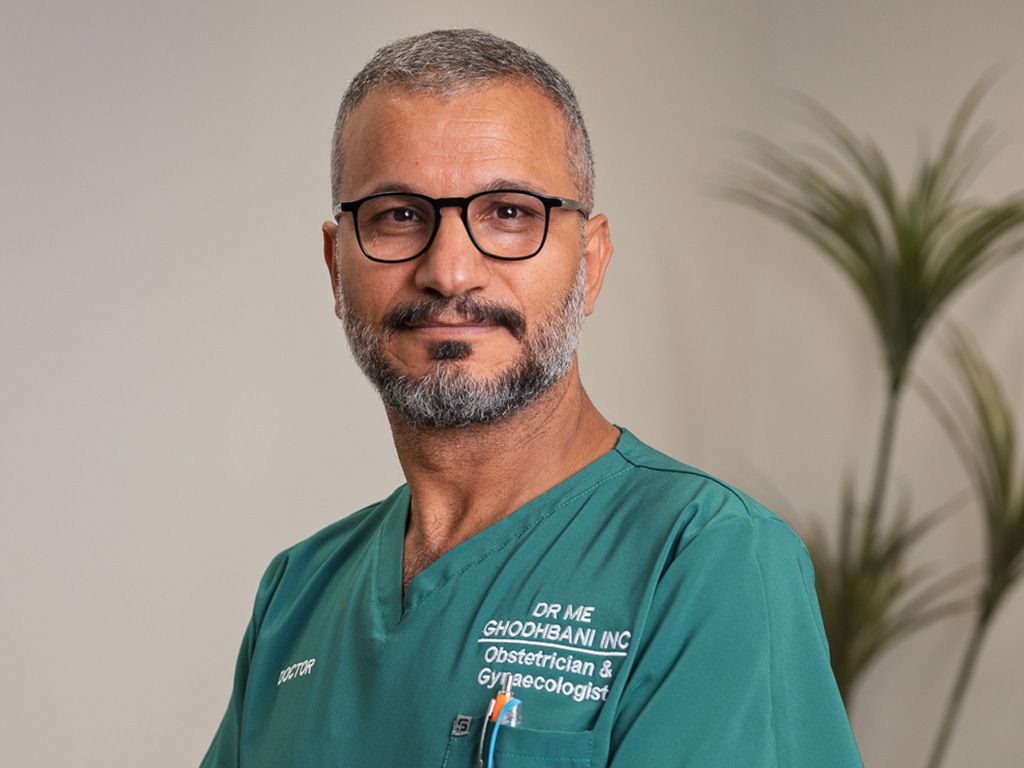Boehringer Ingelheim and the Heart and Stroke Foundation South Africa #JoinTheMovement to prevent stroke this World Stroke Day
October 29, 2020
Boehringer Ingelheim
and the Heart and Stroke Foundation South Africa (HSFSA)
are collaborating to improve public awareness around the seriousness of stroke and to educate the public on how to mitigate detrimental consequences of this medical condition.
Each year, 29 October is observed as World Stroke Day
to raise awareness and reduce the incidence of stroke. Driven by the World Stroke Organization, the focus this year is on prevention – more specifically, “Don’t be the one” and “Join the Movement”. The message aims to encourage people to get “moving” as consistent physical activity reduces the risk of getting a stroke. The HSFSA, with support from Boehringer Ingelheim, will host free educational webinars featuring a panel of experts for the general public and healthcare practitioners.
“The risk factors for stroke in South Africa are among the highest in the world,” says Prof Pamela Naidoo, CEO of the Heart and Stroke Foundation South Africa. She states that the rate of obesity, physical inactivity, tobacco smoking, unhealthy diets and hypertension in our country make our population very vulnerable to cardio-vascular disease which includes strokes.
“Learning from the COVID emergency, collaborations and partnerships make a real difference to the country’s health outcomes. We can hugely improve the quality of patient care if we share our knowledge more generously and strengthen our services to the community with partners like Boehringer Ingelheim. We need to continue working together to make South Africa a healthy nation.”
Professor Naidoo highlights that stroke is a medical emergency. Every day, up to 360 South Africans are affected by stroke. About a third of those who suffer a stroke will die, and a quarter will be left with life-changing disability.
A stroke occurs when oxygen supply to the brain is decreased by a blockage or damage to a blood vessel in the brain. This causes brain cells to die. Large or critical strokes can be fatal or result in disability.
“The good news is that the vast majority of strokes are preventable. Boehringer Ingelheim embraces the importance of awareness and education around stroke and its symptoms in order to better equip people to deal with this life-threatening medical emergency. While prevention tops the list, it’s our responsibility to teach young and old about the warning signs of stroke and help them react immediately,” says Dr Michael Klein, Medical Director at Boehringer Ingelheim.
It has been proven that time lost is brain lost and every minute that treatment is delayed, more of the patient’s brain is damaged. A person loses 1.9 million neurons each minute in which stroke is left untreated. Every minute counts.
Use the FAST
acronym to spot the signs of a stroke:
F
– is their face
dropping?
A
– can they hold up their arms
without one drifting down?
S
– are they slurring their speech?
T
– if there are any of these symptoms, it’s time
to get them to the nearest emergency department.
“Our communities can fight stroke on many fronts. With such a high prevalence, it helps to know how strokes can be prevented. Adopting healthy behaviors is key to the prevention. It is important to know your personal risk factors, including high blood pressure, diabetes, obesity, elevated cholesterol and atrial fibrillation,” says Professor Naidoo. She further encourages South Africans to control or manage these conditions by being active, exercising and engaging in physical activity every day and by choosing a healthy diet.
Stroke survivor George Scola encourages South Africans to become advocates of stroke awareness. “After having a stroke at 37, I am truly lucky to be alive today, because I received medical attention fast. However, my life dynamic changed in a drastic way, I had to re-learn how to walk, talk, use my left hand as my dominant hand and was thus left with life changing disabilities, both visible and hidden. So, I want to encourage people to take stroke seriously, as it can affect you, it does not discriminate and can occur at any age, race and gender. A stroke impacts an entire family, not just the survivor, so becoming aware and knowing the signs (FAST) may help you save a life one day – like my life was saved.”
The World Stroke Organization (WSO) suggests that up to 90 percent of strokes are preventable and that one in four persons worldwide will get a stroke in their lifetime.7 In line with this year’s global theme, “Don’t be the one”, Join the Movement – become active and help reduce the risk. As part of the annual Stroke Week and World Stroke Day campaign, WSO has mobilised its members like the HSFSA and people around the world to be a part of the world’s biggest dance chain.
Previously Boehringer Ingelheim together with HSFSA raised awareness about stroke through various activations like testing blood pressure and glucose levels in various communities, creating educational material for the public and teaching school children about signs and symptoms of stroke. These activities form part of Boehringer Ingelheim’s and HSFSA’s continuous efforts to raise awareness about stoke in South Africa.
Please get involved by:
- Checking out how you can Join the “Movement” online
- Joining the educational webinar on 03 November from 17:30- 18:45
- Sharing the relevant social media posts from our Facebook pages
- Educating yourself by reading the information on: https://www.heartfoundation.co.za/
- Encouraging yourself, friends and family to remain active













